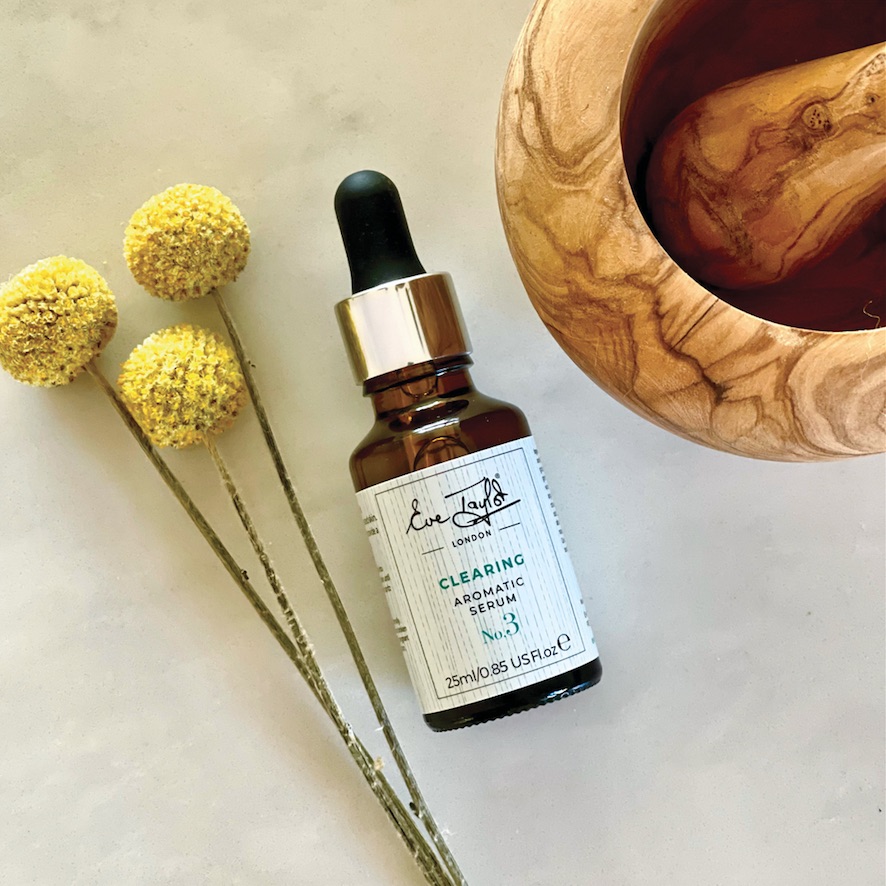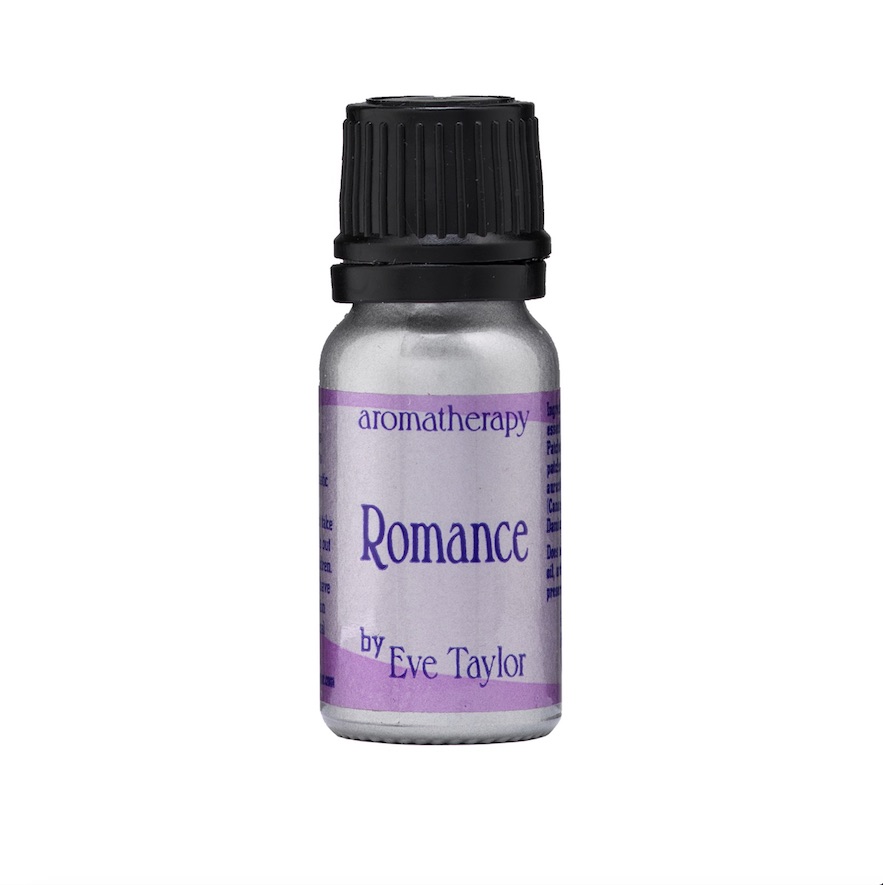Aromatherapy series: how essential oil ylang ylang helps oily and breakout-prone skin

Ylang ylang is renowned around the world for its rich floral scent and use in perfumes but its versatile actions offer many therapeutic benefits. I explain why essential oil ylang ylang can be such an asset to your salon treatments.
The ylang ylang flower (pronounced “ee-lang ee-lang”) is regarded as one of the most beautiful in the world – star shaped with six vibrant yellow petals which grow against the backdrop of vivid blue tropical skylines.
Known as the “flower of flowers” in the Philippines, one of the many areas where ylang ylang is native to, this aromatic super flower stands out from the rest.
The cananga tree (cananga odorata), also known as the perfume tree, is a fast growing tree of the custard apple family of Annonaceae and it thrives in abundance in many tropical locations including South East Asia, Madagascar and the Comoros Islands.
Ylang ylang has a distinctive scent often described as deep, rich and intoxicating. Highly floral, its aroma is sweet, with hints of custard, banana and neroli, with an underlying scent of spice and honey.
Why is ylang ylang good for the skin?
Ylang ylang offers a wide range of practical and therapeutic benefits owing to its complex composition of linalool, geraniol, salicylates and sesquiterpenes, esters, aldehydes and ketones, which collectively give this wonder oil potent antiseptic, anti-depressant and aphrodisiac properties, benefitting not only the skin but the emotions alike.
Ylang ylang is frequently formulated within skincare products aimed at oilier skin types due to its actions of regulating and balancing overactive sebaceous activity to assist with skin clarifying.
With its highly antiseptic and anti-inflammatory components, the oil cleanses the skin, in turn easing congestion and simultaneously diminishing breakouts by facilitating the healing of blemished skin.
Ylang ylang oil also boasts hydrating and conditioning properties while imparting powerful antioxidant actions to defend against damaging free radicals and premature ageing. Collectively, this powerhouse of effects greatly improves the complexion and promotes a natural healthy glow.
 Why is ylang ylang known for its mood-lifting qualities?
Why is ylang ylang known for its mood-lifting qualities?
Ylang ylang is also well regarded for its soothing and uplifting effects on the mood and mindset, helping to calm irritability and take the heat out of anger.
This positive aspect of the oil is especially beneficial for those who are experiencing problematic, breakout-prone skin, which often creates negative mindsets, low self-esteem and feelings of inner crisis.
Ylang ylang oil consoles the emotions by releasing negative thoughts and deep emotional sensitivity, helping to put skin worries to rest. Ylang ylang can be found in Eve Taylor London’s Clearing Aromatic Serum (pictured left), a lipid-based treatment to help clear oily, congested and problematic skin.
Another well documented action of ylang ylang is its aphrodisiac properties. The rich seductive scent of this tropical flower arouses the olfactory system, instantly easing tension, reducing inhibitions, and encouraging tactile interaction and sensuality between couples.
In some cultures, ylang ylang petals are scattered on the beds of newlyweds to encourage the reduction of inhibitions and dispel nervousness and anxiety.
Romance Diffuser Blend by Eve Taylor London is an ideal aromatic blend for those who wish to increase tactile togetherness. Ylang ylang essential oil is hand-blended with clary sage and patchouli to create a liaison not to be missed.
How is ylang ylang harvested?
Highly sustainable, its cultivation provides work for the farmers of many cooperatives who carefully pick the delicate golden blooms by hand, filling their baskets to abundance ready for extraction.
To ensure the highest therapeutic and aromatic yield, the ylang ylang flowers must be picked in the early hours of the morning before sunrise when the volume of oil molecules are most abundant within the petals.
Once the sun rises and intensifies in the latter parts of the day, the oil molecules move from the petals and return back into the tree to protect against dehydration – a defence mechanism the tree has naturally evolved over millennia.
Within an hour of the harvest, the flower heads are placed into a tank known as a still, where water is heated and passed through at pressure, allowing the aromatic molecules to burst out of the delicate petals and mix with steam, rising to the highest point of the tank.
A connecting chamber collects the vapour where it cools and is collected in a condenser tank where the steam has regained its water state – the aromatic essential oils being heavier than the water separate and float on the surface ready to be syphoned away and bottled ready for use.
To create just 1.5 litres of ylang ylang essential oil it requires approximately 100 kilos of ylang ylang flowers.
 Does the distillation process affect the concentration of the essential oil?
Does the distillation process affect the concentration of the essential oil?
The steam extraction of the ylang ylang crop is distilled in fractions and repeated up to a further four times with pressurised steam, similar to making multiple cups of tea with the same tea bag. Every additional distillation produces a decreasing activity of essential oils.
The first distillation provides the highest concentration of aromatic molecules, known as ylang extra. This yield boasts the most potent floral aroma and therapeutic properties creating the perfect essential oil for perfumers.
In fact, ylang extra is one of the key oils used within the iconic Chanel No.5, meticulously chosen for its highly aromatic, rich, seductive scent, which is adored by millions. Additional extractions such as ylang 1–3 provide gradually declining yields suited to aromatherapists while still providing notable benefits.
Ylang 3 has a noticeably subtler aroma, making it ideal for those who want to utilise the therapeutic benefits of the oil but not work with the intense heavy aroma which ylang extra boasts.
Matt Taylor is brand and education manager at Eve Taylor London. To be part of the Eve Taylor success story, visit the Eve Taylor website or call 01733 260161 to discover more.
Sponsored story


